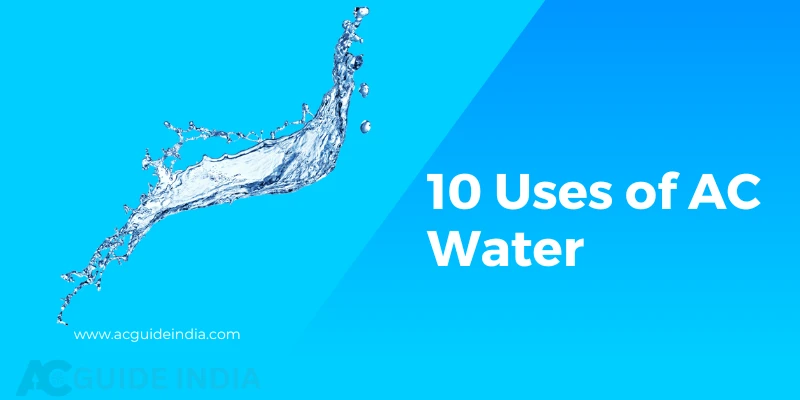As technology advances, the quest for energy-efficient and environmentally-friendly solutions has led to significant innovations in the field of air conditioning. One such breakthrough is the dual inverter air conditioner, which has revolutionized the way we cool our spaces. In this article, we will delve into what a dual inverter AC is and explore how it differs from a conventional inverter AC.
What is a Dual Inverter AC?
A dual inverter air conditioner, also known as a twin rotary compressor AC, is an advanced cooling system that utilizes two rotors instead of one in its compressor unit. This compressor technology is a significant departure from the conventional single rotary compressor used in standard inverter ACs. The term “dual” refers to the two rotary compressors working in tandem to regulate the cooling capacity of the unit.
Best Dual Inverter AC in India
How Does Dual Inverter AC Differ from Inverter AC?
- Enhanced Energy Efficiency: The primary advantage of a dual inverter AC lies in its superior energy efficiency. While traditional inverter ACs vary the speed of the compressor by adjusting the frequency of the power supply, dual inverter ACs take it a step further by also modifying the rotation speed of the compressor itself. This additional control over the compressor’s rotation speed enables the unit to operate within a wider range of cooling capacities, resulting in optimal energy usage. Consequently, dual inverter ACs consume less electricity while providing consistent cooling and maintaining precise temperature control.
- Faster Cooling and Better Performance: Dual inverter ACs offer rapid cooling capabilities due to their ability to operate at higher compressor speeds when required. With two rotary compressors working simultaneously, they can deliver a higher cooling output in a shorter time, making them ideal for quickly cooling down a room during hot summer days. Additionally, the dual compressor setup ensures stable and consistent cooling performance even under heavy load conditions, allowing for a more comfortable indoor environment.
- Reduced Noise and Vibration: Compressor operation often generates noise and vibrations, which can be a concern in certain environments. In this regard, dual inverter ACs have an advantage over conventional inverter ACs. The use of two rotary compressors in a dual inverter AC reduces the load on each compressor, resulting in reduced noise and vibration levels during operation. This enhanced smoothness makes dual inverter ACs an excellent choice for spaces that require quiet and peaceful cooling, such as bedrooms or offices.
- Extended Lifespan: The dual inverter technology not only enhances performance but also contributes to the longevity of the air conditioner. By reducing the load on each compressor, the strain on individual components is reduced, resulting in less wear and tear. This reduced stress on the system can lead to increased durability, ensuring a longer lifespan for the dual inverter AC.
Conclusion:
Dual inverter ACs represent a significant advancement in air conditioning technology, offering superior energy efficiency, faster cooling, reduced noise, and extended lifespan. With their dual compressor setup and advanced control mechanisms, they provide enhanced cooling performance and greater comfort while minimizing energy consumption. As the demand for energy-efficient cooling solutions grows, dual inverter ACs are emerging as a compelling choice for those seeking optimal comfort without compromising on sustainability.








